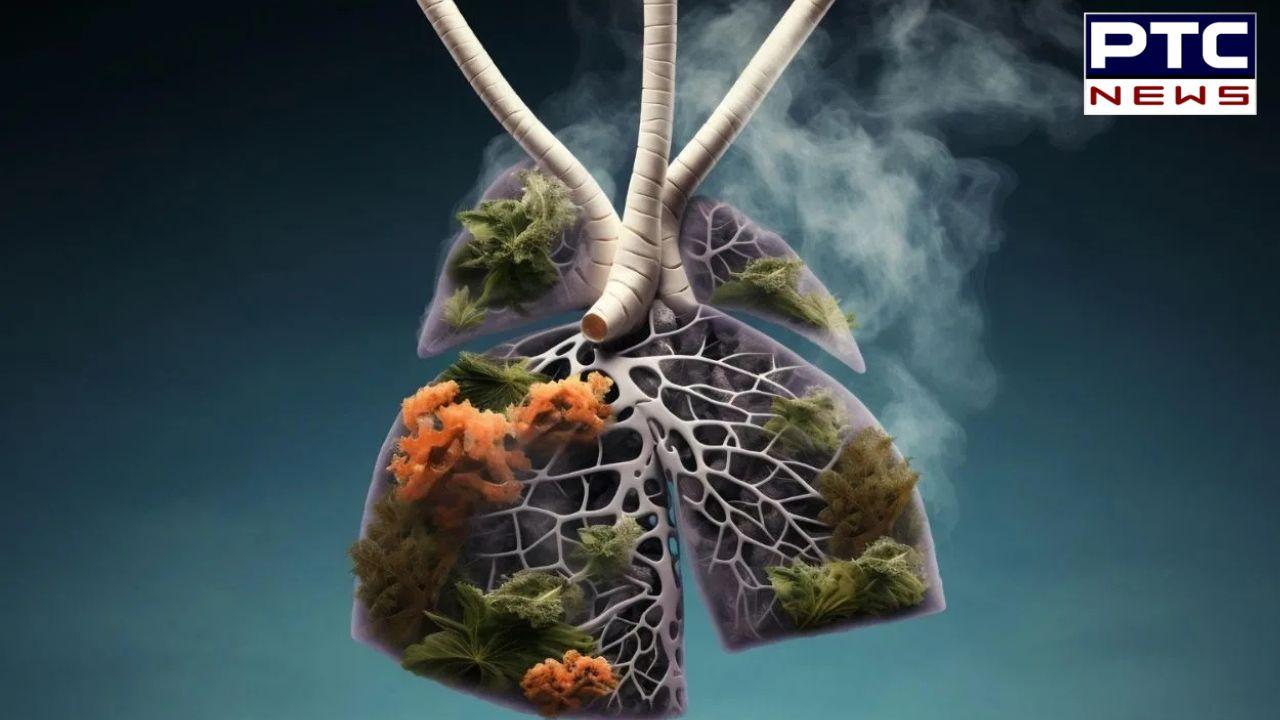

Air pollution in Punjab, Chandigarh reaches alarming levels; experts warn of serious health risks
PTC Web Desk: Air quality in Punjab and Chandigarh has reached hazardous levels, with the Air Quality Index (AQI) in Chandigarh nearing 400, a figure that falls in the "severe" category. The toxic haze blanketing the region is not only affecting visibility but also posing serious health risks for residents.
In Chandigarh, the famous Sukhna Lake is enveloped in thick smoke. This has led to reduced visibility, making it difficult for commuters and pedestrians. The pollution is mainly attributed to a combination of factors, including the burning of paddy straw (parali) in neighbouring states and the excessive use of firecrackers during the festive season. Both these activities have contributed to the drastic deterioration in air quality, especially in the aftermath of Diwali.
Meanwhile, in most districts across Punjab, the AQI levels hover around 200, which is considered "very unhealthy" by air quality standards. Despite the growing concerns, air purifiers and other measures to cleanse the air in Chandigarh have proven ineffective in combating the growing pollution. The persistence of the issue has led to widespread health problems across the region.
Experts warn of serious health risks
Experts warn that exposure to such high levels of pollution can lead to a variety of health complications, especially respiratory problems. People are increasingly complaining of sore throats, dry coughs, and scratchy throats, all of which are common symptoms of exposure to polluted air. Prolonged exposure to such high levels of pollution can exacerbate pre-existing conditions such as asthma, bronchitis, and other lung diseases. The elderly, children, and those with weak immune systems are particularly vulnerable to the adverse effects of polluted air.
Moreover, the toxic air can also increase the risk of cardiovascular diseases, lung cancer, and even lead to complications in pregnant women. Respiratory infections, including pneumonia, and chronic obstructive pulmonary disease (COPD) are also more likely to occur with consistent exposure to such poor air quality.
Given the severity of the situation, health experts urge the public to take necessary precautions, such as wearing N95 masks, avoiding outdoor activities, and seeking medical advice if any symptoms of respiratory distress appear.
- PTC NEWS
